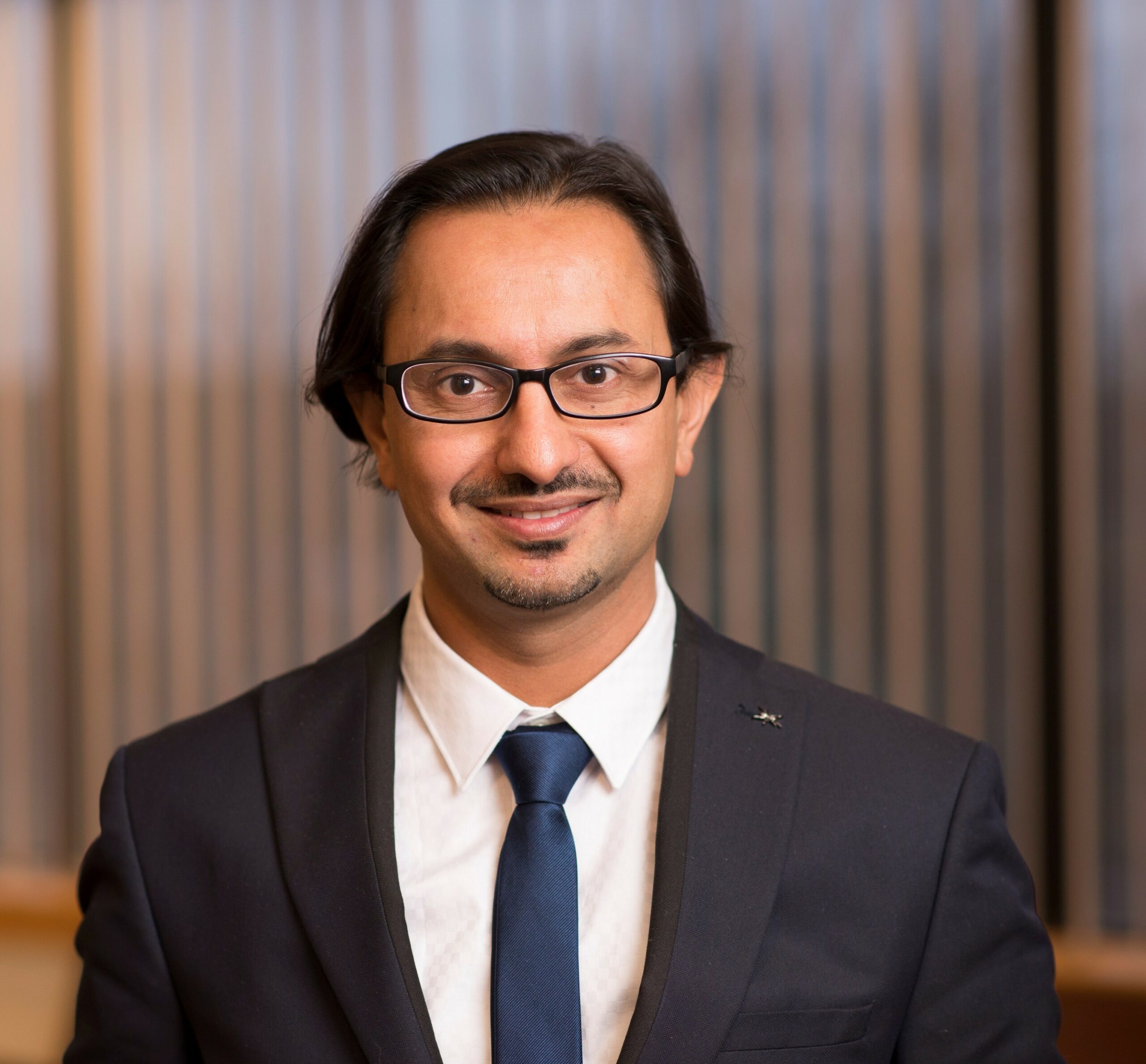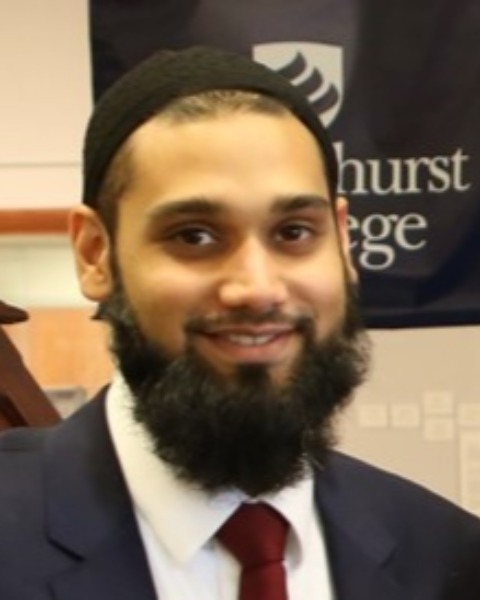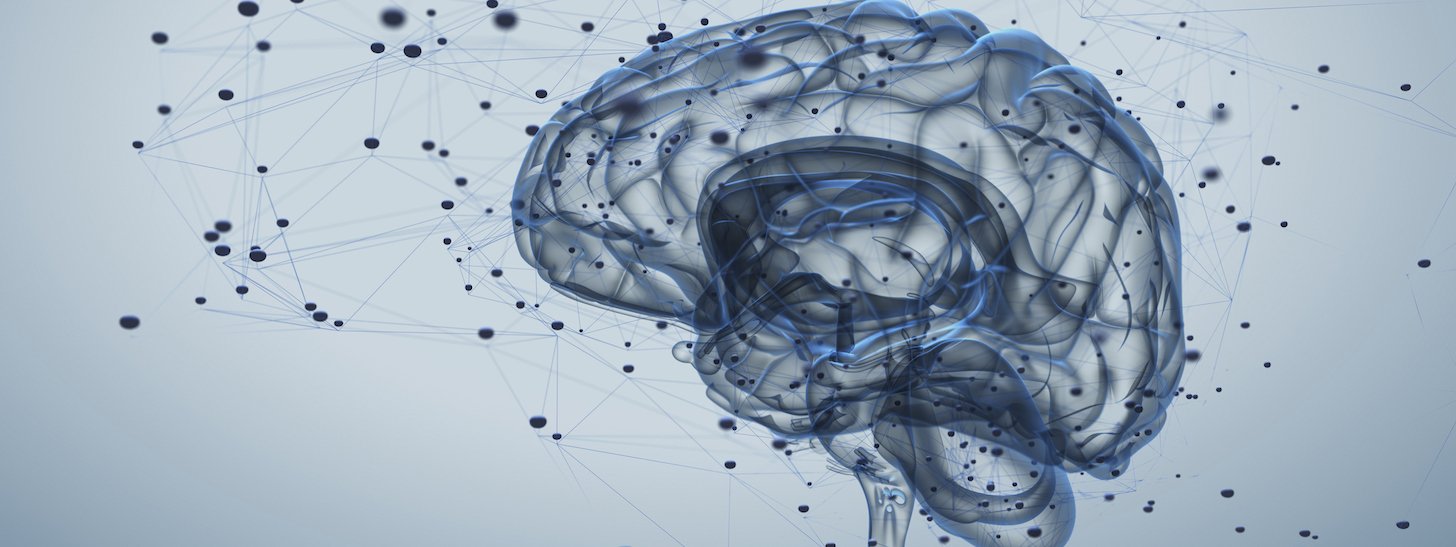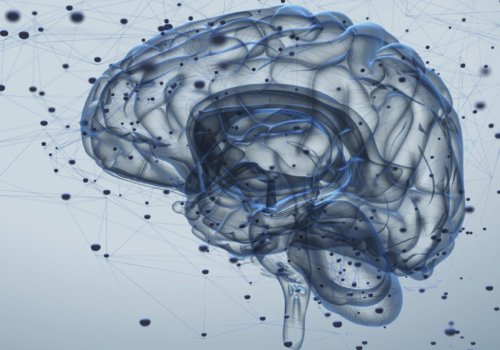February 2023 Society Spotlight
Special Interest Section Edition: Pharmacology and Therapeutics
The Pharmacology and Therapeutics Special Interest Section was started to meet an unmet need of in-depth education and understanding in the ever-expanding pharmacotherapy advances in headache medicine. Goals include trying to address the complex interplay between a multitude of therapeutics, streamlining how to chose and when, hold academic discussion and lecture series on out of the box therapies (art of headache medicine). Goals also include collaborating with other sections on topics such as advancing the evidence-based guidelines. Publication goals include fostering DDI studies, drug utilization reviews, real world evidence, mechanisms review. We would also like to work with the American Migraine Foundation in providing patient oriented pharmacological resources.
Join the Pharmacology and Therapeutics Special Interest Section
Meet the Chairs
 Shivang Joshi, MD, MPH, RPh, FAHS
Shivang Joshi, MD, MPH, RPh, FAHS
Dr. Joshi, a Neurologist/Headache Specialist at the Community Neuroscience Services, is committed to educating the future leaders of headache medicine. Dr. Joshi’s first introduction to headache medicine took place during his residency at Beth Israel Medical Center in New York. “I saw that patients with migraine were in pain and suffering from a neurological disorder that wasn’t getting enough attention, and I wanted to help,” he explains. During that time, Dr. Joshi also had the opportunity to study as a mentee of fellow AHS members Lawrence C. Newman, MD, FAHS, and Richard B. Lipton, MD, FAHS.
Dr. Joshi’s career path became clear after attending a Scottsdale Headache Symposium. There, he learned more about the science behind headache disorders and interacted with leaders in the field. “Everything came together for me,” he says. Eager to learn more, he joined the Brigham and Women’s Hospital, John R. Graham Headache Center in Boston for a Fellowship in Headache Medicine.
To inspire collaboration among headache specialists in the Midwest and address an unmet need of regional headache education, Dr. Joshi cofounded the Great Lakes Regional Headache Society and is on the executive committee of the Association of Migraine Disorders. “Our goal is to bring people together to create an atmosphere for education and collaboration and mentorship,” Dr. Joshi says.
A member of AHS since 2010, Dr. Joshi has worked diligently to create educational opportunities for young trainees, practitioners and clinical investigators. As a member of the New Investigators and Trainees Special Interest Section, he developed a speed-mentoring program to connect aspiring neurologists, headache specialists and research scientists with leaders in the field. “My motto is, ‘I’m always going to be a mentee, and strive to be a mentor,’” he explains.
Dr. Joshi was the founder of the Trigeminal Autonomic Cephalalgias Special Interest Section and recently started the Pharmacology and Therapeutics Special Interest Section. His section pre-course was just selected for presentation at the 65th Annual Scientific Meeting in Austin, TX. Among his most recent publications are “A narrative review of the importance of pharmacokinetics and drug–drug interactions of preventive therapies in migraine management.” He is also active mentor for the Emerging Leaders group and was awarded the Society’s “Frontiers in Headache Research” Scholarship Award for his impactful work in cluster headache research.
 Zubair Ahmed, MD
Zubair Ahmed, MD
Dr. Ahmed completed his neurology residency at the Cleveland Clinic where he served as Chief Resident in his final year. It was during that final year in which an elective in headache medicine helped him to decide to pursue a headache fellowship. “I saw how the physician’s role is not only to guide patients towards effective treatments for headache, but also to inspire hope. It was incredible to see firsthand how grateful patients are when they improve. This in turn inspired me to focus on a population of patients that many had given up on,” he says. Dr. Ahmed subsequently completed his headache fellowship in Salt Lake City, at the University of Utah under the tutelage of Kathleen Digre, MD, FAHS. While there he had exposure to basic science headache research in the Brennan lab. His fellowship research project, “Investigating the Association between Migraine Aura and Altitude” was selected by the American Headache Society for a Frontiers in Headache Scholarship.
He continued to further his understanding of headache disorders by attending and presenting at the International Headache Academy. He learned that there was limited exposure to headache medicine during neurology residency. “This may mean that many neurology residents may not pursue a headache fellowship because they are not as familiar with headache medicine as a field,” he explains. As a result his project during the AHS Emerging Leaders Program focused on identifying the relative dearth of Neurology Grand Rounds dedicated towards headache related topics. In addition, he has published on the limited exposure to headache medicine during neurology residency programs. Currently, he serves as a lecturer for the AHS Resident Education for Assessment and Care for Headache (REACH) program and lectures at grand rounds at various academic institutions.
After fellowship Dr. Ahmed returned to the Cleveland Clinic and joined their headache section. He quickly was tasked with developing the Cleveland Clinic headache research footprint. His focus was on using patient reported outcome data to better understand patients and further identify which patients are most likely to benefit from the newer CGRP inhibitor treatments. He was awarded a grant from the Migraine Research Foundation to study an 8-week online headache education program for patients with migraine called the Virtual Method for the Assessment and Treatment of Chronic Headache (VMATCH).
His research on migraine outcomes and treatments helped him realize the challenges that many neurologists and headache specialists’ face when trying to determine the best treatment strategies for their patients. “Dr. Joshi approached me about the need for a Special Interest Section focused on Pharmacology and Therapeutics. I had long felt it was a pressing need for the headache community and was enthusiastic to help in any way I could,” He said. Together they started the special interest section and have a pre-course dedicated to the special interest section at the upcoming AHS scientific meeting.
Overall, he has contributed to headache medicine through various avenues including education, research and in the clinic. “While treating pain can be challenging at times, my patients serve as my inspiration and motivation to help give back in some small way to the larger headache community,” He says.


